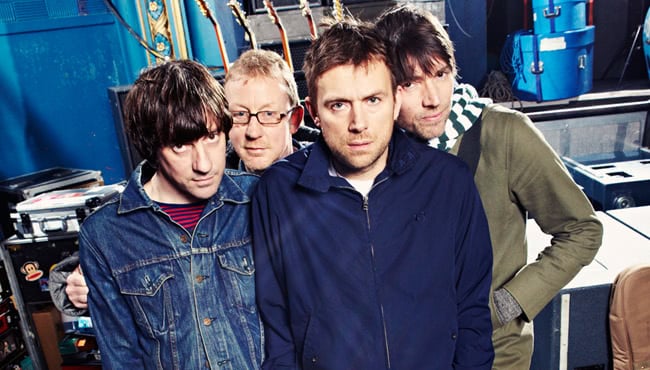Blur drummer Dave Rowntree has claimed that he helped spark Oasis’ improbable reunion in an exclusive interview with Rolling Stone AU/NZ.
Speaking with the publication while on ground in Brisbane at BIGSOUND 2025, Rowntree opened up about the rivalry between the two bands who battled for the top of the British music charts in ’90s.
“It grew organically to a kind of cartoonish, buffoonish size, egged on by the music press. It was fashionable in those days to slag off other bands, in a way that it isn’t now,” he said.
“But it was expected that you would hate all the other bands and think they were rubbish and the more comically outrageous you could be about them, the more column inches you could have.”

Despite the rivalry cooling in the mid noughties with Oasis’ break up and years separating Blur releases, Rowntree has playfully fanned the flames after Blur played their first-ever shows at Wembley Stadium in July 2023.
“You can’t say no to that,” Rowntree says.
Love Music?
Get your daily dose of metal, rock, indie, pop, and everything else in between.
The two shows at the venue not only drew in more than 150,000 attendees, and a live album and film released the following year, it gave Rowntree the bragging rights.
“I’ve been nagging them for years to do it. Saying, ‘If we can do it, you can do it,’” he said, adding he “was very pleased” to see the Gallagher brothers follow through.
However, Rowntree admitted he wasn’t able to catch any of their shows in the UK, but suspects he might have another chance in the future.
“No, I bought tickets but unfortunately then I wasn’t able to go, so I gave them to somebody else,” he tells us. “But I hear on the grapevine that it might not be the last tour ever.”
Oasis are currently blazing through a run of North America shows, before returning to England for two shows and arriving in Asia and Australia in October and November.
Touching on issues inflicting the music industry, Rowntree insists that “live music is one of the few things that’s going to survive relatively unscathed from the AI behemoth.”
“There are two things we need to be concentrating on. Music makers have got to get out of their bedrooms, and they’ve got to get onto stages. And we’ve got to find a way of tempting people back into small gigs,” he said.
“We’ve got to make it more interesting for them. People don’t just want to stand on a sticky floor in a smelly sweatbox, holding an expensive beer. And it’s up to that artists to come up with a solution. It’s not up to the audience, not up to the venue. It’s up to the artists. We’re supposed to be the creative people.”

































